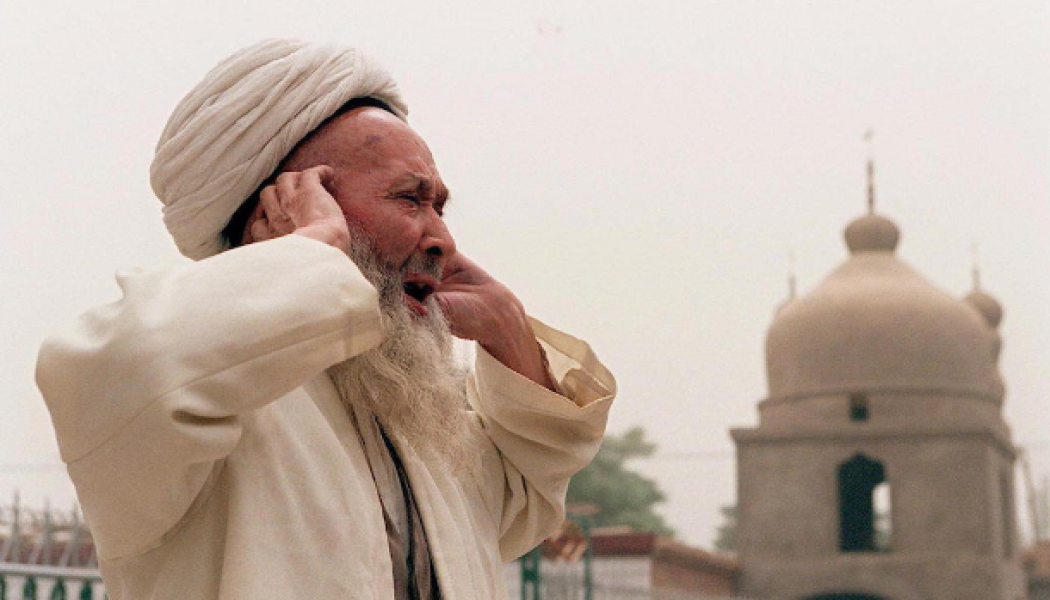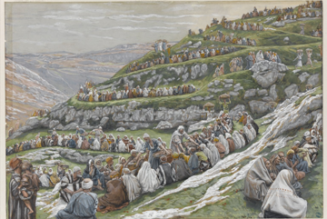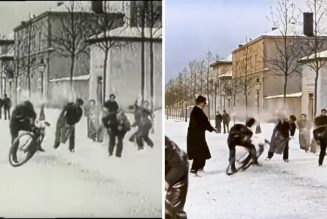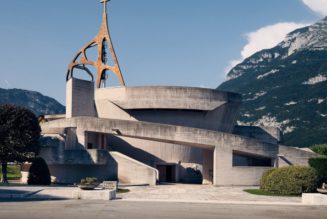
Communist China has accelerated its policy of “sinicization” of religions, with the implementation of a new set of crippling rules which Christian leaders say spell danger for their people, particularly for underground Catholics.The Chinese Communist Party (CCP) had announced last year that revised administrative measures on religions would come to in force from Feb. 1 across the country, covering all religions. Among other things, the rules stipulate that each religion will be headed by a state-appointed conference, which will function as the supreme decision-making body for the respective religious group. “Does this aim to abolish the traditional church model headed by bishops and replace them with group conferences? If there is no Catholic head for a church, is it still a Catholic church?” asked Father Li in Hebei province.
Father Li told UCA News that Catholic priests and church members had opposed these measures but failed to stop them.
“The CCP’s purpose is very clear. It is to change the Catholic Church into a group that belongs to them. These rules will push the Church into serious dangers,” he warned.
President Xi Jinping in a significant speech in 2016 said that the sinicization of religion aims to adapt religions to Chinese society. The CCP must “guide the adaptation of religions to socialist society,” he said.
The CCP introduced its Regulations on Religious Affairs in February 2018 but revised and published them again last year, announcing they would be implemented comprehensively from February this year.
The revised measures, incorporated into six chapters and 41 articles, require all religious organizations to “observe the constitution, laws, regulations, ordinances, and policies, adhere to the principle of independence and self-government, adhere to the directives on religions in China, implementing the values of socialism.”
They cover organization, functions, offices, supervision, projects and financial administration of religious communities at national and local levels.
Father Li told UCA News that “ever since the rules were introduced, the Christian community in China has been witnessing relentless persecution, with churches being demolished, a ban imposed on online Bible sales, and several hundreds of Christians arrested for inciting subversion of state power.”
Hau Baolu, a parish leader from Shaanxi, a province that has suffered severe repression over the years, said atheists have now come to manage the Church and wondered how the government can claim prominence over God and the Vatican in matters of faith and morals.
Underground church ignores rules Wang Baoen, another Christian from Shaanxi province, told UCA News that the Church in his region had faced severe repression in the past but the new rules will further suppress it.
“The new method aims to deprive the authority of bishops and priests and bring the Church under the complete control of the state. Once the Church is under the government, it will suppress the Church more vigorously,” he said.
A Catholic nun heading a convent in Hebei told UCA News that the new rules “mean nothing” to her convent and the nuns.
“These rules do not apply to us because we have our own management and rules. If we follow these rules and this management method, we wouldn’t be a group of Catholic nuns anymore. We cannot change our nature of being,” she said.
Cao Ruoser, a Catholic from the underground church in southern Jiangsu, said the new rules will have no effect on them.
“We have been oppressed by the Chinese Communist Party. They do not consider the church as a place to respect God, and nor do they accept the position of priests. We cannot accept it. Our members are united. We come together and attend Mass, so this method has no effect on us,” he said.
He said the CCP’s religious regulations “are useless” for them. He said the communist government cannot close down their churches and seal them “because we have no churches at all.”
However, he said, for those underground communities that have churches “there may be some impact. However, the underground groups have lived a religious life without a church for many years, and at most they have returned to those origins.”








